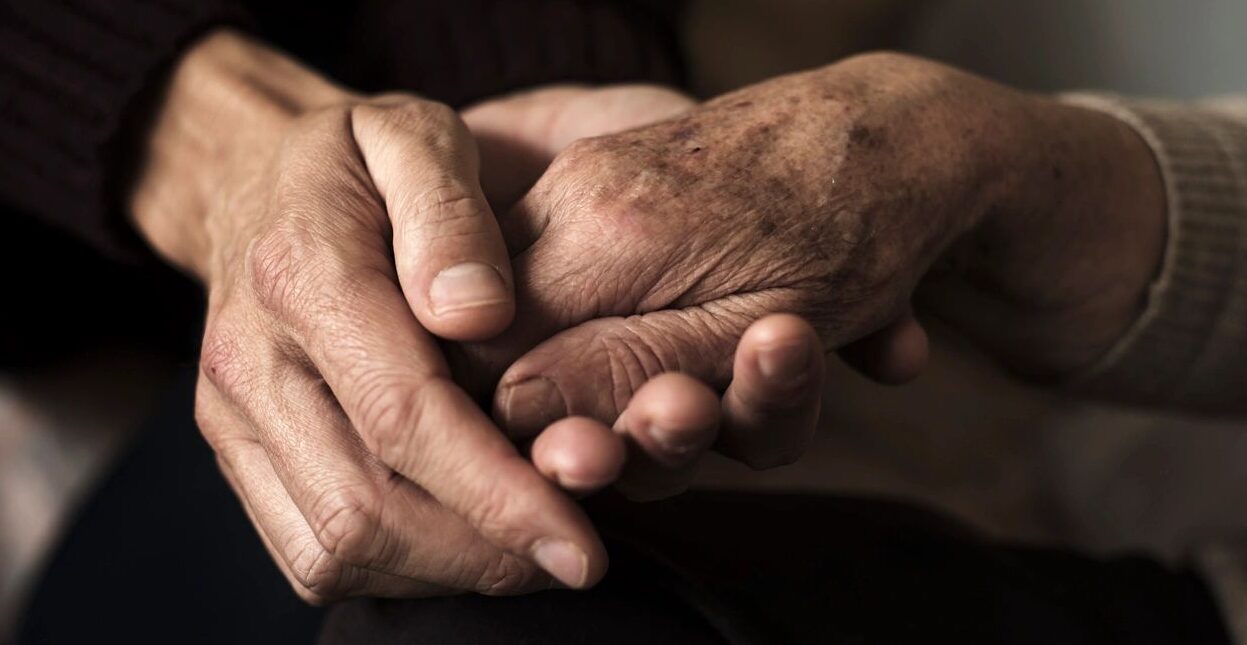 We have received multiple calls from around the country about overly restrictive hospital "no-visitor" policies. These policies often allow visitors for patients without disabilities, including infants, children, women giving birth, and those at the end of life, but prevent access to the support people necessary for patients with disabilities. These policies discriminate against patients who require communication and other disability-related supports that hospital staff simply are unable to provide—a significant portion of CommunicationFIRST's population.
We have received multiple calls from around the country about overly restrictive hospital "no-visitor" policies. These policies often allow visitors for patients without disabilities, including infants, children, women giving birth, and those at the end of life, but prevent access to the support people necessary for patients with disabilities. These policies discriminate against patients who require communication and other disability-related supports that hospital staff simply are unable to provide—a significant portion of CommunicationFIRST's population.
Without these supports, patients with disabilities are unable to provide informed consent to their medical treatment and are denied an equal opportunity to benefit from the same treatment and services provided to patients without disabilities.
When patients are prevented from communicating essential health information like pain, hunger, thirst, or discomfort, they also receive inadequate care, which can lead to poor health outcomes and lead to potentially disastrous unintended consequences.
We have been tracking and analyzing the more "enlightened" of the state-wide policy guidance documents as they have emerged over the past month here. We have paired those abstract policies with the real-life experiences of patients around the country to create our own guidance document. Partnering with fellow disability rights organizations The Arc of the United States, Autistic Self Advocacy Network, Bazelon Center for Mental Health Law, Center for Public Representation, and Disability Rights Education and Defense Fund, we are pleased to release this Guidance Document here.
We hope this will help states and individual hospitals keep in mind their still-intact obligations under federal civil rights laws while taking appropriate measures to prevent the spread of the coronavirus.
Please let us know if you have had issues with being able to access necessary support people as a patient over the past several months, by emailing info@communicationfirst.org. Thank you!

